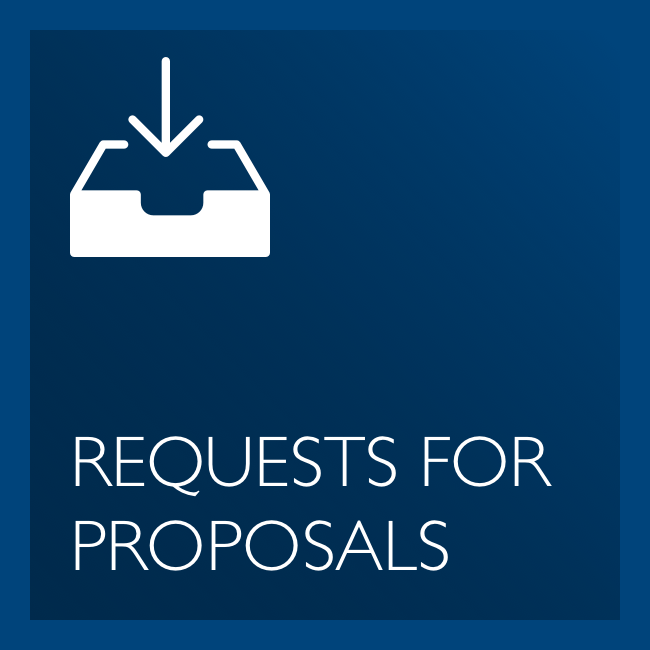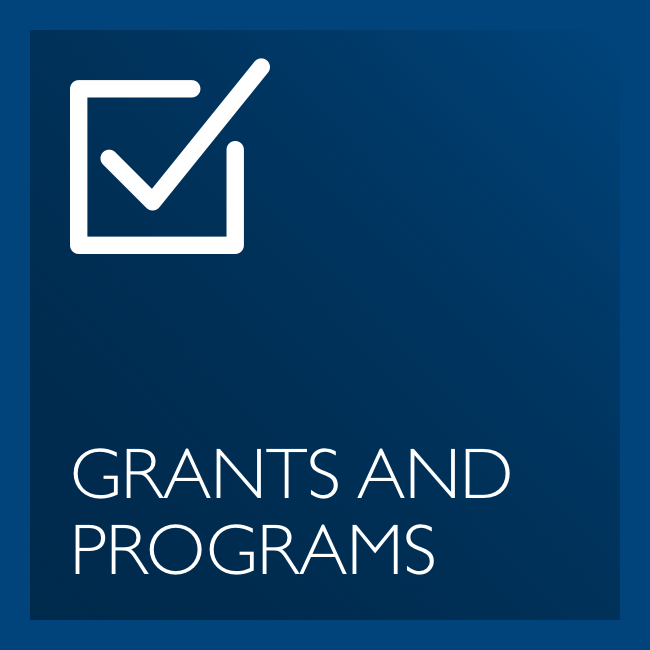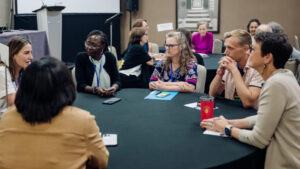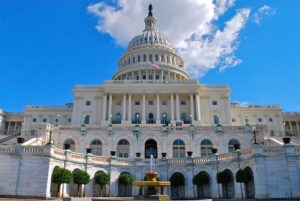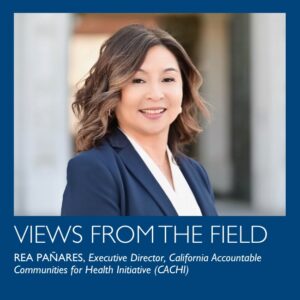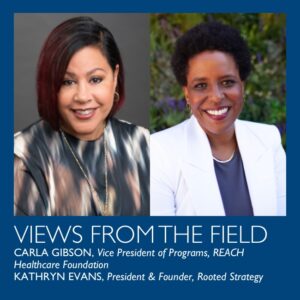Philanthropy @ Work – Transitions – August 2025
The latest on transitions from the field.
Philanthropy @ Work – Grants and Programs – August 2025
The latest on grants and programs from the field.
Forging Partnerships for a Better Tomorrow at the Grantmakers In Health Annual Conference
The Grantmakers In Health Annual Conference pre-conference sessions kicked off today in New Orleans, a city rich in resilience and spirit. Nearly 20 years since Hurricane Katrina, we gather to be inspired by the partnerships that supported communities two decades ago, and the ones that we are forging for the road ahead.
Infosheet: Key Provisions in the House-passed Reconciliation Bill—H.R. 1, the ‘One Big Beautiful Bill Act’
An infosheet provides analysis of key health, philanthropy, and nonprofit provisions in H.R. 1, the budget reconciliation bill passed by the U.S. House of Representatives on May 22, 2025. Changes include an estimated $715 billion reduction in federal Medicaid spending including work requirements, new eligibility requirements to the Affordable Care Act that will reduce access to the ACA’s Advanced Premium Tax Credits, $300 billion in reductions to Supplemental Nutrition Assistance Program (SNAP) benefits, an excise tax on foundations, and new authority for the Secretary of the Treasury to remove the tax-exempt status of nonprofits the administration deems as “terrorist support organizations.”
REACH Healthcare Foundation and United Methodist Health Ministry Fund: May 2025
The United Methodist Health Ministry Fund and REACH Healthcare Foundation recently partnered with experts from Manatt Health to shed light on the potential impacts of $880 billion in cuts to the Medicaid program on Kansas.
Lucile Packard Foundation for Children’s Health: May 2025
The Lucile Packard Foundation for Children’s Health released a report titled “No Place to Hide: Children Will be Hurt by Medicaid Cuts” that outlines the federal proposals of Medicaid funding reductions and explains the implications of those proposals on children and families.


